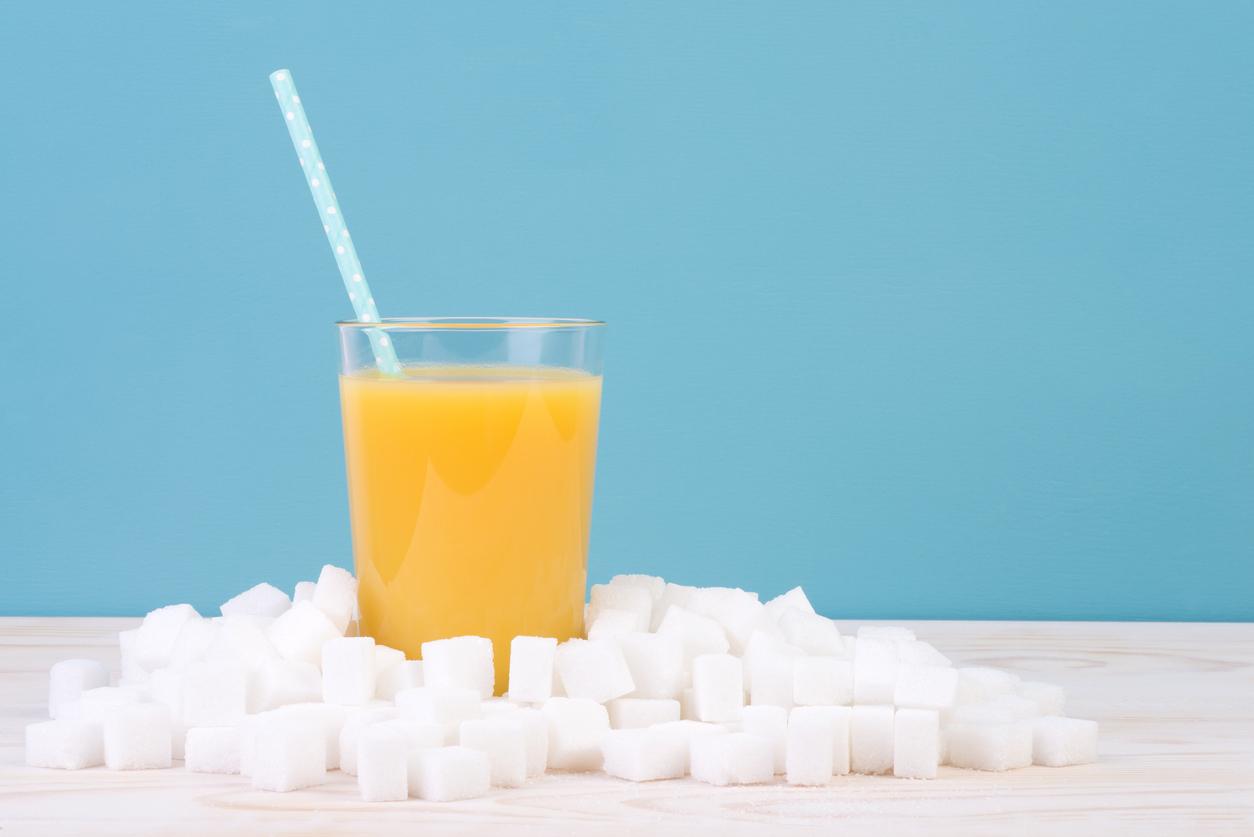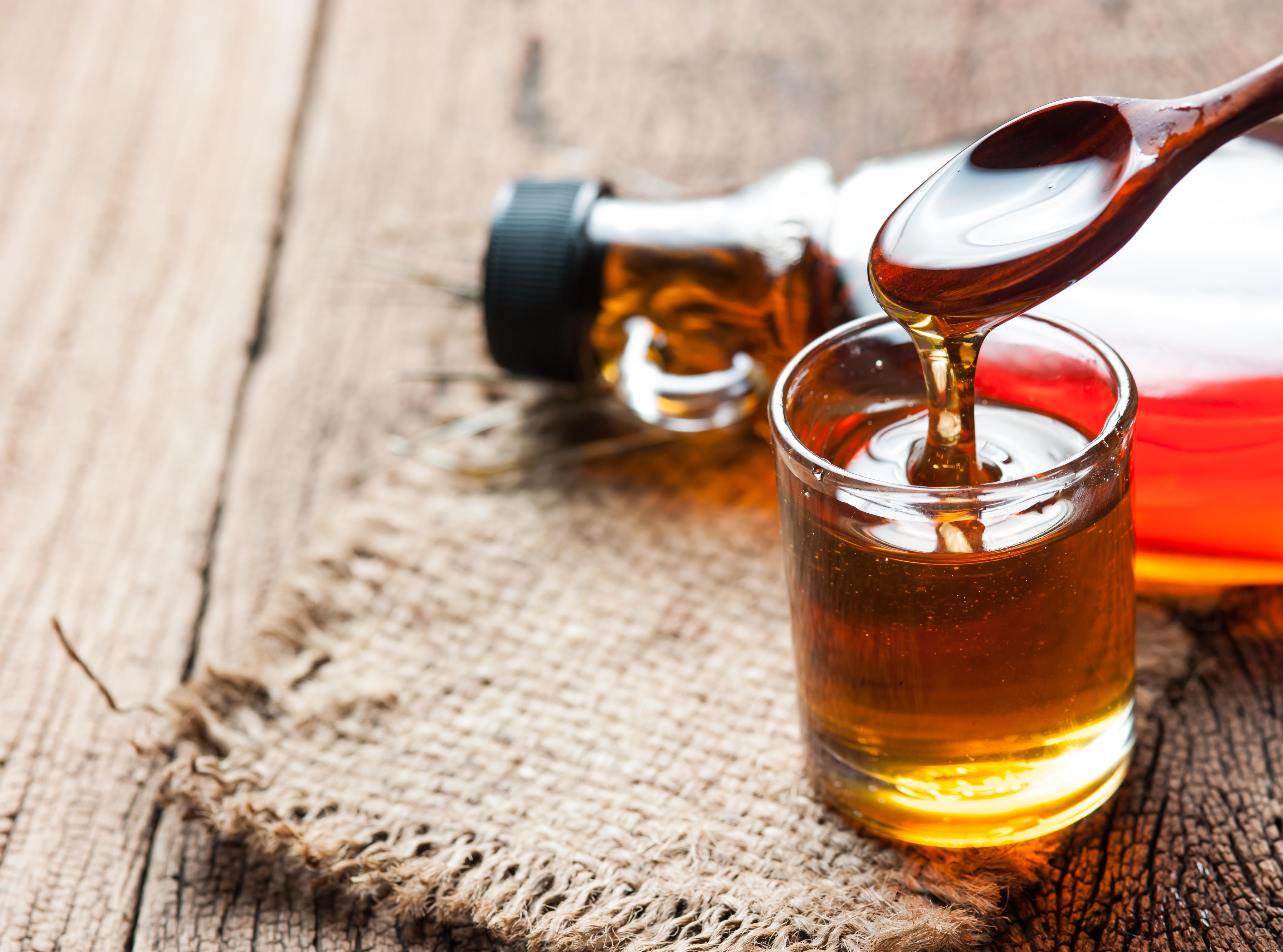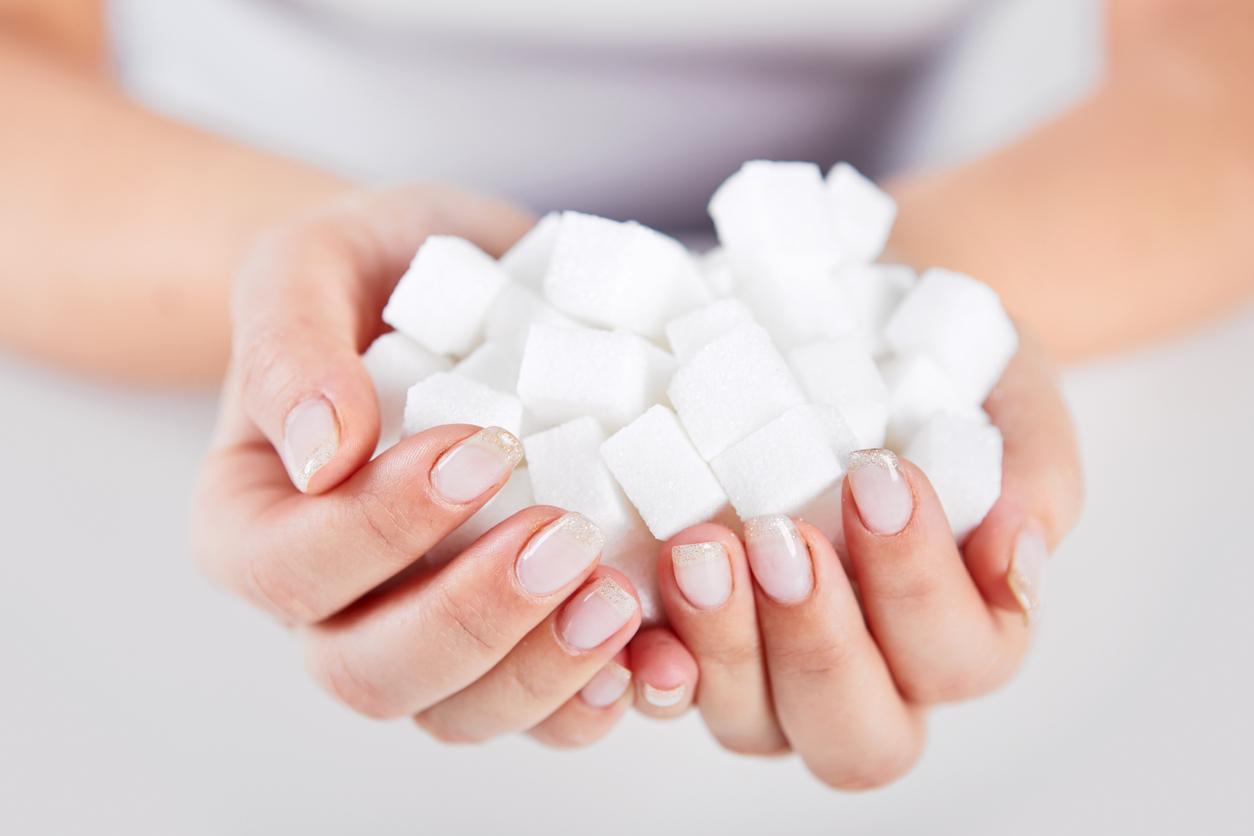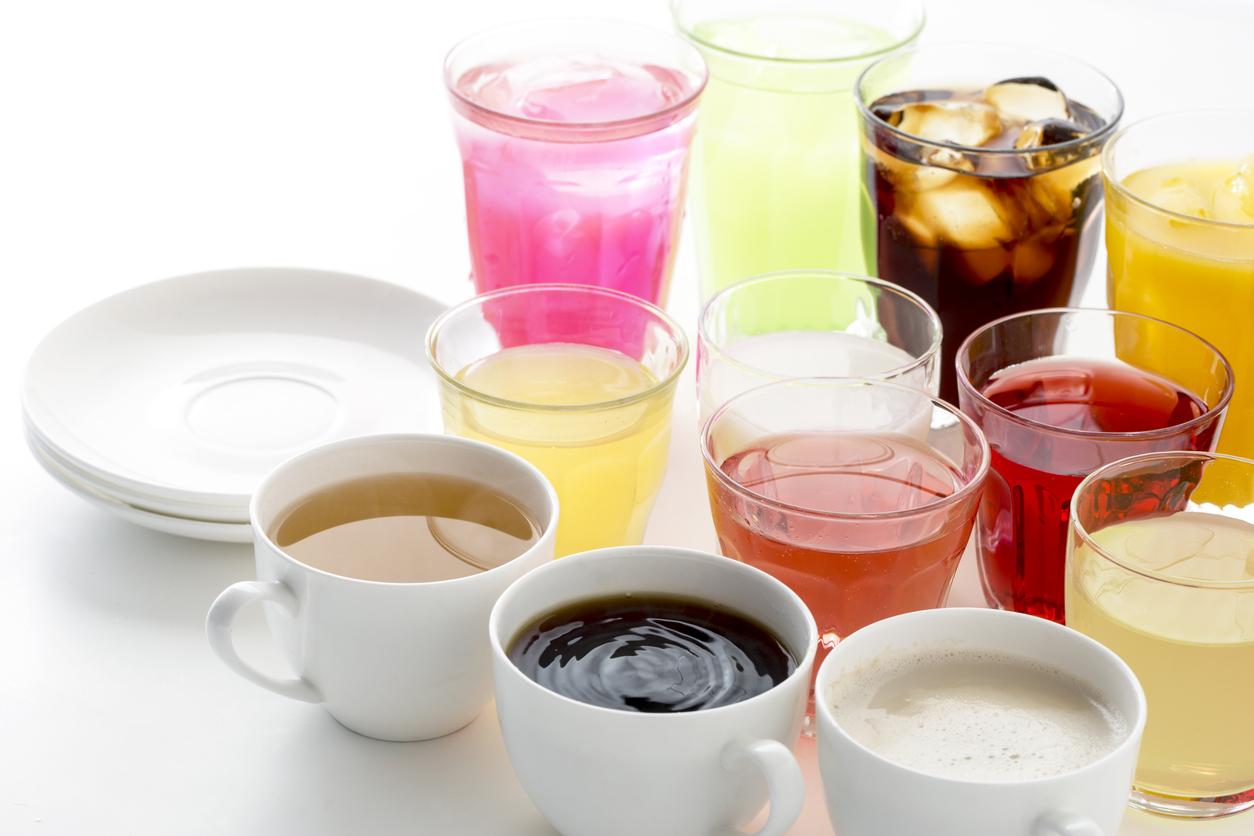Capri-Sun, an industrial fruit juice, is almost as sweet as a soda, warns a doctor who recommends parents not to offer it to children.

- Capri-Sun should not be given to children according to a doctor.
- Presented as a fruit juice, it is actually a mixture of water and sweetened fruit concentrates.
- Sugary drinks should be avoided to preserve health.
It is presented as a fruit juice but only bears the name! THE Capri Sunoffered in gourd format and in opaque packaging decorated with images of fresh fruit, is not a fruit juice, explains general practitioner Jimmy Mohamed.
There is no real fruit juice in the Capri-Sun
In a video on his Instagram accounthe deciphers what is hidden behind this misleading marketing and invites parents to be vigilant. “That’s not juice and even less multivitamins”, he warns.
Indeed, contrary to what the brand says, which presents it as a “refreshing fruit juice drink”, it is actually “water with fruit juice from concentrates”. “There is no pressed fruit juice in this drink. If we read the label in detail, we notice that the drink contains concentrated juice of lemon, orange, apple, pineapple, banana or even passion fruit, but not real fruit juice.”
The doctor further notes that in the list of ingredients, the brand adds to its mixture “spring water and concentrates“, sugar and natural flavorings for taste, but also vitamins because fruit concentrates do not contain them like juices.
Sugary drinks pose a health hazard to children
“In terms of sugar, it’s almost as sweet as a soda”, he specifies, before adding that a flask of Capri-Sun contains 16g of sugar and that: “it’s not good for the weight, it’s not good for the teeth, it’s not good for the children”.
The impact on the health of children (like adults) of sugary drinks is real, according to the‘analysis the largest and most in-depth research to date on sugary drinks, overweight and obesity.
Glucose raises blood sugar, which over time can cause insulin resistance and lead to diabetes. Fructose, in particular, has a deleterious impact on the liver, which can cause lipogenesis (a creation of fat), increasing the risk of fatty liver disease and metabolic diseases. Fructose also increases uric acid, which contributes to insulin resistance and cardiovascular disease risk, researchers say.
But that’s not all: the insulin spikes caused by sugary drinks can lead to overeating and sugar addiction, which is good to avoid from childhood.


















